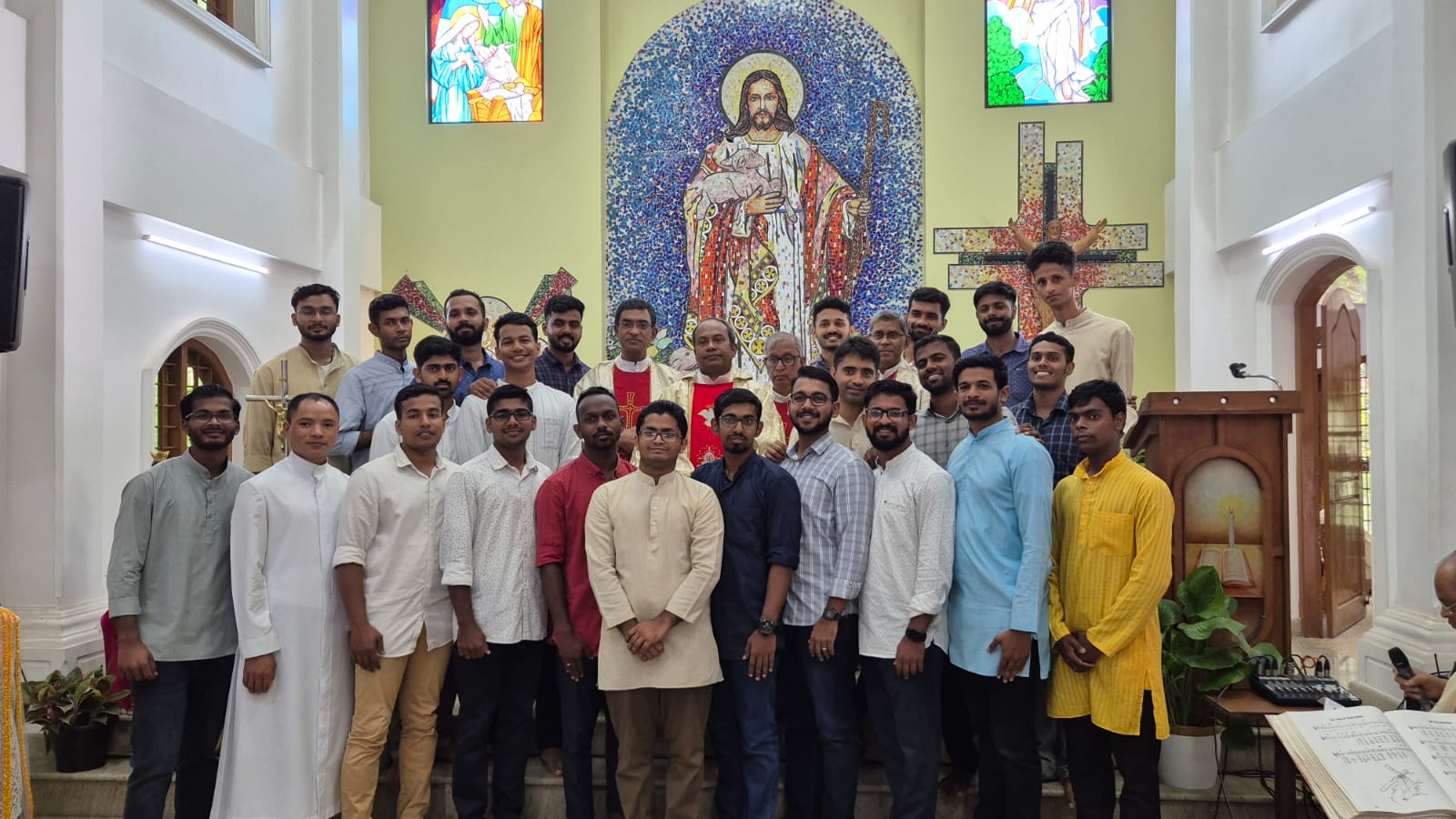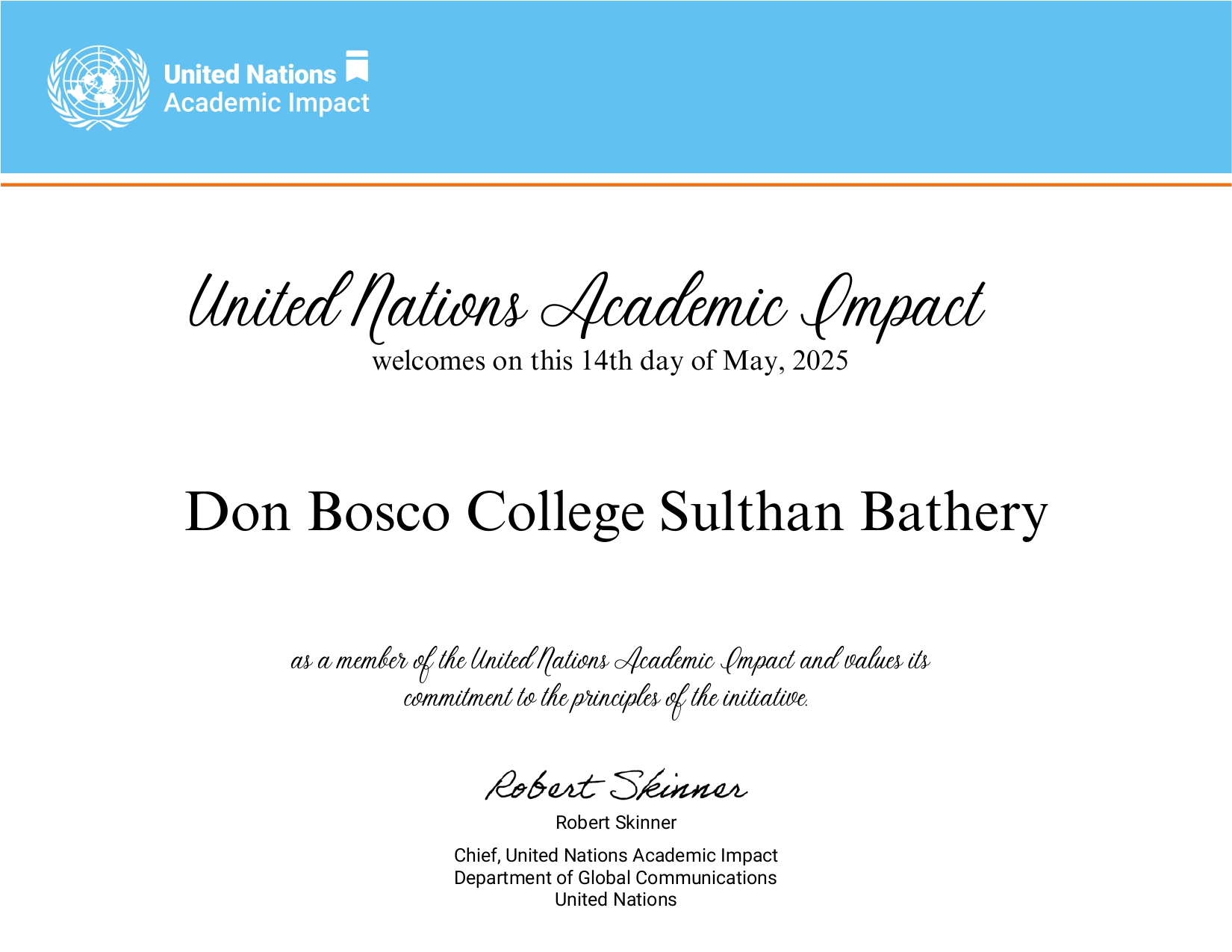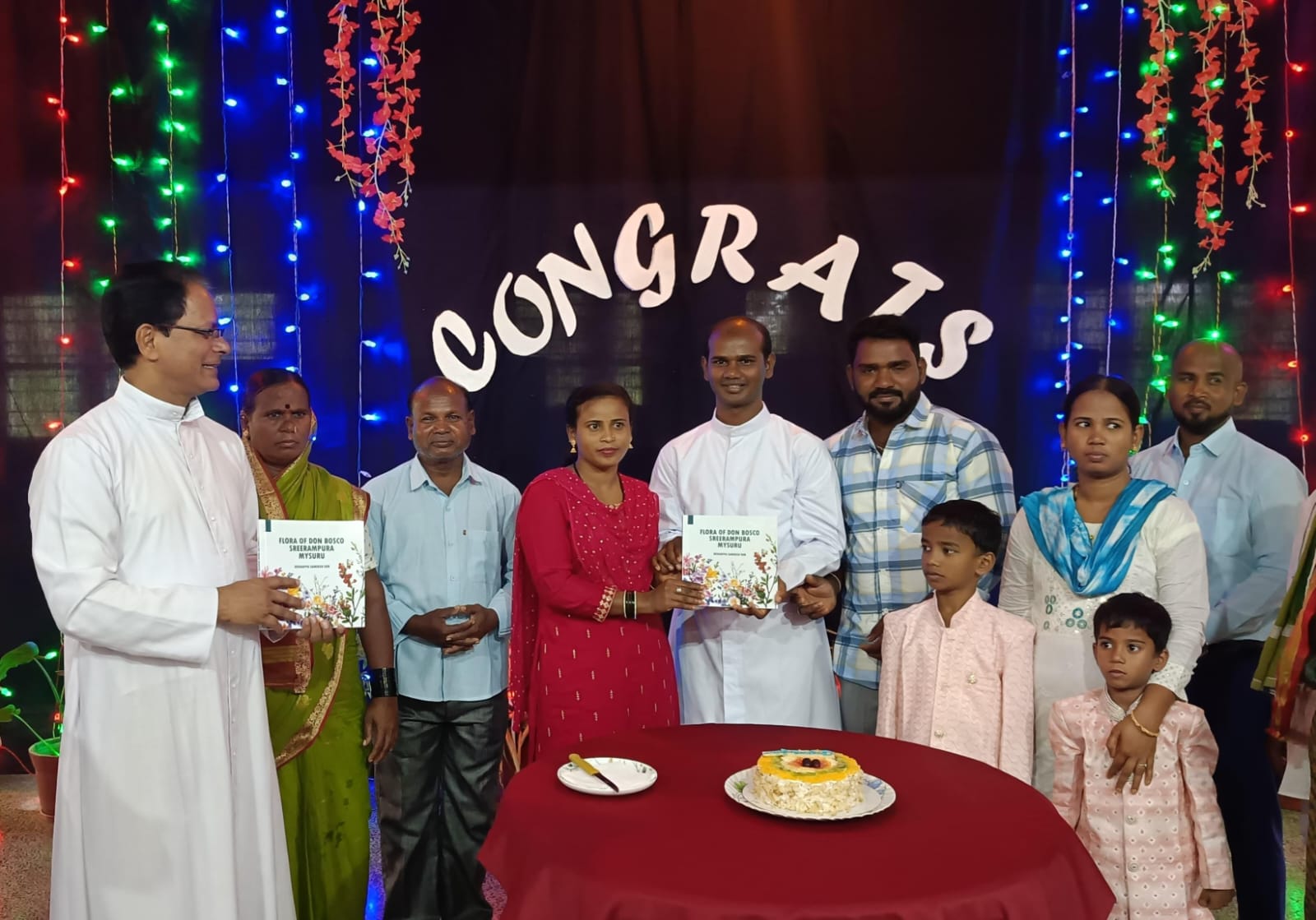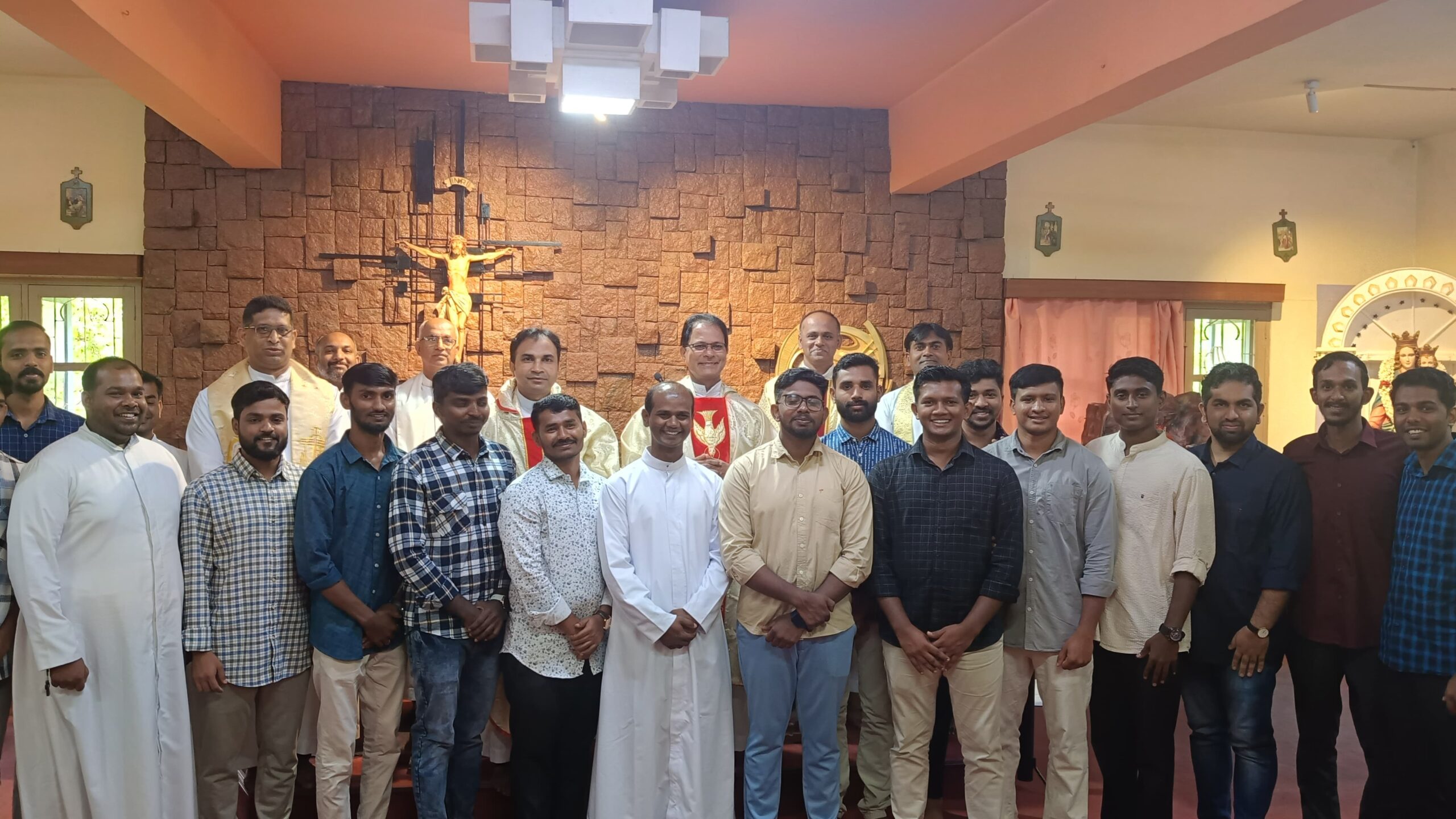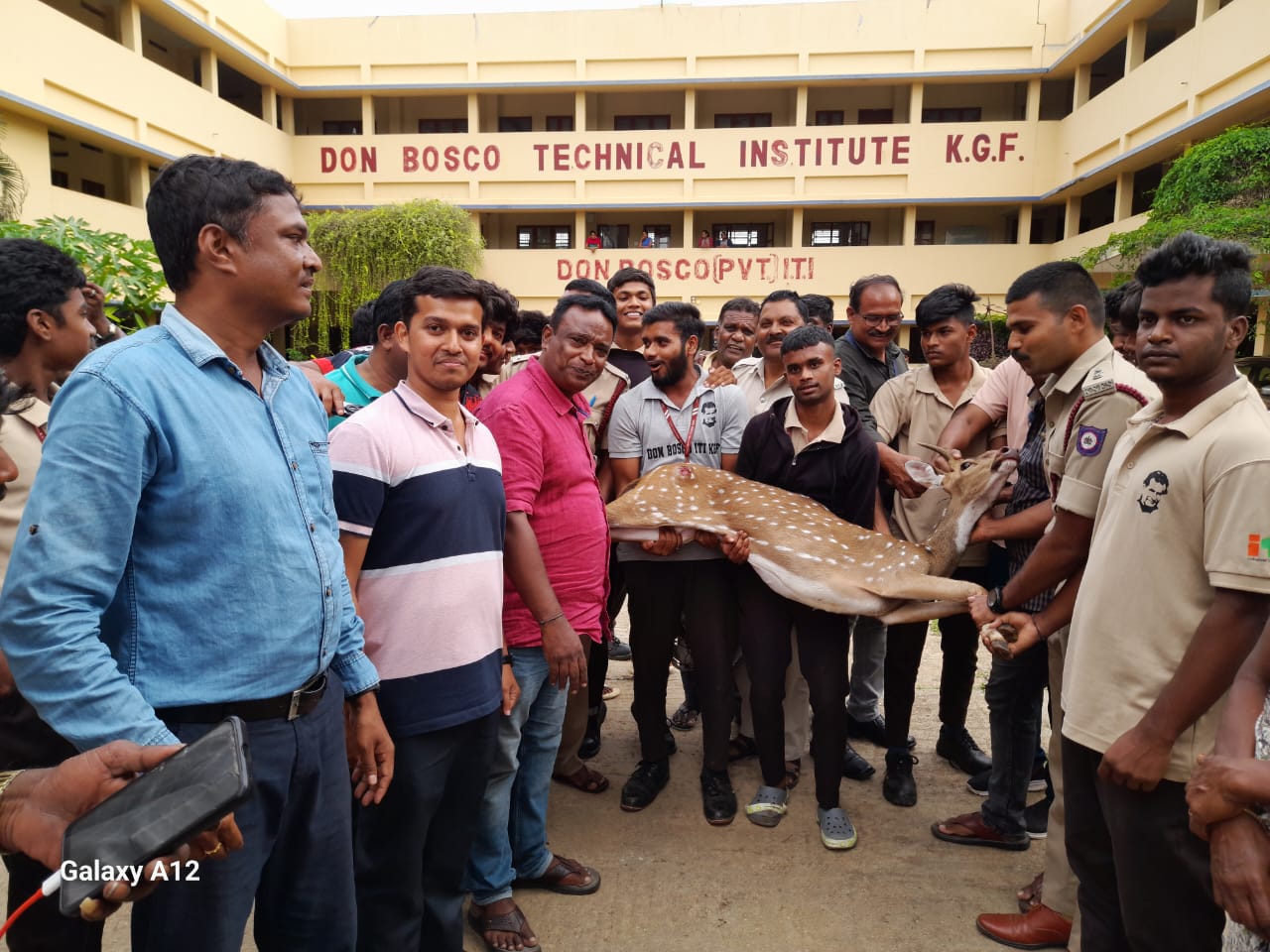
MONTH OF NOVEMBER – REMEMBERING THE DEAR DEPARTED
One of the most endearing qualities of Catholics is our deep reverence and affection for our loved ones who have passed away. This sentiment is especially profound in November, a month dedicated to honouring the faithfuldeparted. The practice of remembering and interceding for the deceased is part of a long-standing tradition in the Church. The catacombs of Rome
vividly reveal how early Christians reverently buried their dead, kept their memories alive and looked forward to being united with them one day in heaven. It is no wonder they referred to their burial places as koimētērion (cemetery), meaning “dormitory,” while the Romans called their burial grounds necropolis, meaning “city of the dead”.
In the early Church it was customary to inscribe the names of those to be remembered at Mass on large tablets known as diptychs, which the deacon would read aloud during the liturgy. It was also a tradition to celebrate the refrigerium – a meal in memory of the deceased – on dies natalis, the day of one’s birth in heaven.
Every celebration of the Holy Eucharist includes prayers for the dead. The feast of the Commemoration of All the Faithful Departed or All Souls’ Day on November 2nd places special emphasis on the belief that we remain in communion with those who have gone before us “marked with the sign of faith”. In the Catechism of the Catholic Church we read: “We believe in the communion of all the faithful of Christ, those who are pilgrims on earth, the dead who are being purified and the blessed in heaven, all together forming one Church; and we believe that in this communion, the merciful love of God and his saints is always attentive to our prayers” (#962). Thus, the Church has always promoted an intimate relationship among the Church Triumphant (saints in heaven), the Church Militant (those on earth) and the Church Suffering (those in purgatory).
Pope Saint John XXIII once remarked that “devotion to the memory of the dead is one of the most beautiful expressions of the Catholic spirit.” Our devotion to the deceased is indeed a beautiful expression of the Catholic spirit because it is an expression of our love. Praying for the dead is an act of love. It is one of the spiritual works of mercy.
The Reality of Death Lends Meaning to Our Lives.
Our reverence for the deceased becomes personal when we recognize that we too will face the same reality one day. We often do not think about death, aswe only attend others’ funerals. However, the reality of death can provide significant meaning to our lives: influencing the way we think, the choices we make, the priorities we set, and the goals we strive for. In this regard, reading
Ecclesiastes 12:1-7 serves as a meaningful text for meditation. For Qoheleth (the preacher) appeals: “Remember your Creator…before the silver cord is snapped, or the golden bowl is broken, or the pitcher is broken at the fountain, or the wheel broken at the cistern, and the dust returns to the earth as it was, and the spirit returns to God who gave it.” The thought of death has influenced many saints, philosophers and ordinary people to prioritize their lives and even change the course of their behavior. The mystery of death transformed Prince Siddhartha into Sri Buddha and the thief Ratnakara into Sage Valmiki. In the Gospel of Luke we find Jesus calling a man a “fool” for believing that by building bigger barns he would secure his life (cf. Luke 12:13-21). In contrast, there is Joseph of Arimathea who, we are told, had an empty tomb in his garden (cf. Matt. 27:60). Perhaps the empty tomb served as a reminder to him of his destiny.
Praying for the Faithful Departed is our Great Responsibility
We have a great responsibility of charity to accompany with our prayers and sacrifices those who have died. Praying for the souls in purgatory is considered a holy obligation. How we long to remember the members of our family and our dear friends who have passed before us! How we strive to keep their memories and spirits alive! Therefore, a day like All Souls’ Day is significant for us as Catholics, as it expresses a natural urge within us – the desire to connect with our departed loved ones through prayer. Cardinal Joseph Ratzinger (Benedict XVI) once said: “praying for one’s departed loved ones is a far too immediate urge to be suppressed; it is a most beautiful manifestation of solidarity, love and assistance, reaching beyond the barrier of death. The happiness or unhappiness of a person dear to me, who has now crossed to the other shore, depends in part on whether I remember or forget him or her; he or she does not stop needing my love.” We pray for the faithful departed because we believe that their life is changed, not ended. The bodies of the dead may decay or be burned to ashes but their souls have gone to meet God. Through the power of Jesus’ Resurrection, on the last day God will grant incorruptible life to their bodies by reuniting them with their souls. How this will happen exceeds our imagination and understanding; yet we believe, with Saint Paul, that Christ will transform our lowly bodies to be like His glorious Body. Our belief in the resurrection of the body is the reason the Church insists that we honor and treat with dignity the bodies of the deceased. Their graves are a sign of hope and promise in the resurrection.
Holy Eucharist, the Greatest Prayer for the Faithful Departed
The Holy Sacrifice of the Mass is the most eminent prayer we can offer for the faithful departed. On her deathbed Saint Monica said to her son, Saint Augustine, “Lay this body wherever it may be. Let no care for it disturb you. This is my only request: that you remember me at the altar of the Lord, wherever you may be.” Saint Augustine honoured her wish. We offer Masses for our dearly departed because it is in the Eucharist that our sufferings are united with those of Christ, sanctified through the merits of His death, and become a source of hope for eternity. Pope Francis reminds us: “All baptized persons here on earth, the souls in Purgatory and all the blessed who are already in Paradise make one great Family. This communion between earth and heaven is realized especially in intercessory prayer.” We are intimately united with one another in the Body of Christ and our ecclesial solidarity through prayer is most evident and powerful at the celebration of the Holy Eucharist. The love of Christ unites us in a bond that not even death can destroy. This bond is strengthened when we remember one another, including the faithful departed, in the daily Eucharist.
Remembering our Deceased Confreres
The Salesian Constitutions affirm that “the memory of the departed confreres unites, in a love that will not pass away, those who are still pilgrims with those who are already resting in Christ” (Const. 54). Therefore, the Constitutions encourage us to pray to the Father for our confreres who are now part of the “Church Suffering”. Article 94 from the Constitutions titled, “The Memory of Our Dead Confreres”, emphasizes the importance of “communion with” and “remembrance” of our deceased confreres. Regular and explicit prayer for the deceased, fostered by the daily communal reading of the necrology (cf. Reg. 47), is a vital way for us to maintain our communion with these confreres.
We are called to “remember” and “pray” for our deceased confreres, especially those of our province with gratitude. The Congregation and Province we cherish so much have been built up by their dedicated efforts and sacrifices, as they “have spent their lives” (cf. Const. 94) for the mission and charism of our institute. It is our responsibility to continue the work they started, remaining faithful to the same vocation. Salesian Regulations (Reg. 76) extend this remembrance to the members of the Salesian Family as well. We are reminded that our focus should go beyond our own community to include “deceased parents,” “deceased benefactors” and other members of the Salesian Family.
Whichever way we choose to honor our beloved departed, it is always comforting to remember that “the souls of the just are in the hand of God; they are at peace” (Wisdom 3:1, 3). Let us practice the spiritual work of mercy by praying for the faithful departed – the holy souls who eagerly await our prayers. We can assist them on their final journey with our love, accompanied by our prayers and sacrifices, knowing well that where they are we too shall one day be. Our faith assures us that death is not the end, but a passage – a waiting in love and faith that will culminate in the ultimate encounter with the source of life. As Christians we are not individual entities but an integral part of the mystical body of the risen Christ. In this belief we profess: “I believe in the Holy Spirit, the holy Catholic Church, the Communion of Saints, the remission of sins, the resurrection of the flesh and eternal life. Amen.”
-
LENT: A JOUR...
29 March 2025 -
“ANCHORED IN...
14 February 2025 -
JUBILEE 2025...
08 February 2025 -
THE BIRTH OF...
08 January 2025 -
MONTH OF NOV...
13 November 2024 -
REDISCOVERIN...
13 October 2024 -
SYNODALITY A...
13 September 2024 -
INDEPENDENCE...
04 August 2024 -
THE SACRED H...
04 August 2024 -
THE SPIRITUA...
04 August 2024




